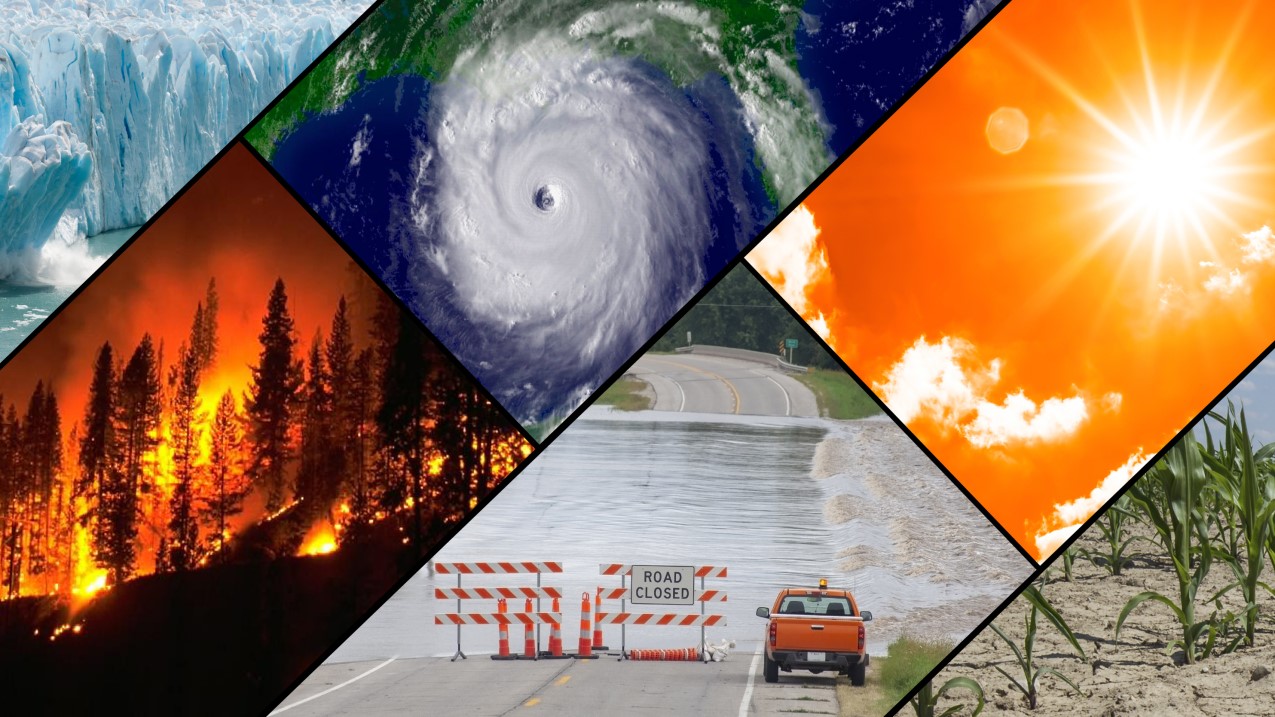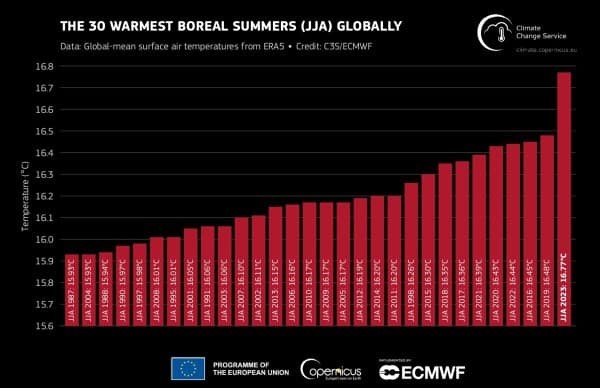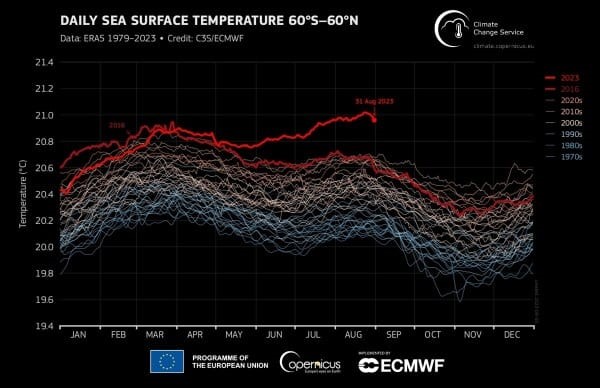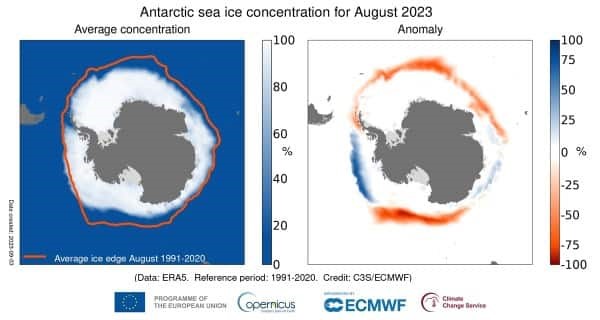Free Courses Sale ends Soon, Get It Now


Free Courses Sale ends Soon, Get It Now



Disclaimer: Copyright infringement not intended.
Context
Details
Hottest summer ever

Why it matters?
Highest sea surface temperature

Why it matters?
Lowest Antarctic sea ice extent

Why it matters?
Closing thoughts
|
PRACTICE QUESTION Did industrialization cause climate change? How do we identify 'bad' climate change? Explain |
https://www.downtoearth.org.in/blog/understanding-climate-change-48141
https://indianexpress.com/article/explained/explained-climate/climate-records-broken-8930871/
© 2024 iasgyan. All right reserved